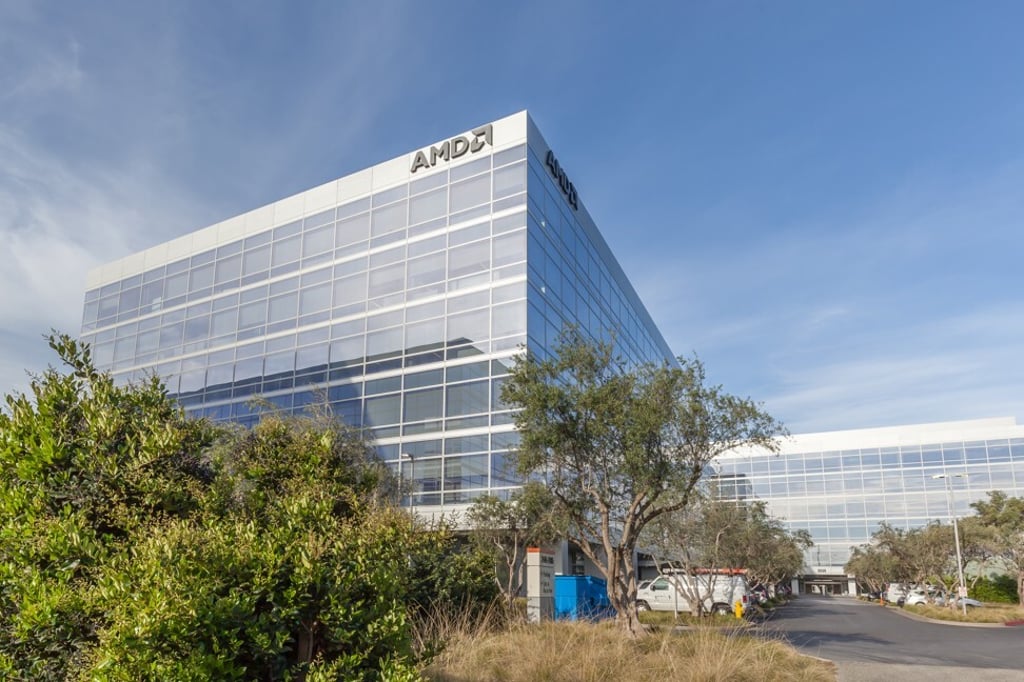Advertisement
AMD CEO Lisa Su says chip shortages ‘not a disaster’ but semiconductor firm’s path gets tougher
- Su said recent chip shortages are just another example of the periodic imbalances between supply and demand in the semiconductor market
- One silver lining for the chip industry is that the shortages have made customers more open to long-term commitments
Reading Time:2 minutes
Why you can trust SCMP
2

Advanced Micro Devices (AMD) chief executive Lisa Su, who took the helm in 2014, has returned the chip maker to profitability, taken market share from Intel Corp and banished concerns about the company running out of cash.
More than six years into her tenure, AMD has seen its market value surge to more than US$90 billion from about US$2 billion when Su was named chief executive. She is the first woman to head a major semiconductor company.
On Wednesday, the company unveiled a US$4 billion stock-repurchase plan, its first buy-back since 2001, highlighting its new financial heft and stability.
Advertisement
Still, Su is not ready to take a victory lap. “Without a doubt it does not get easier,” Su said in an interview with Bloomberg. “We’re in a very competitive market. We have big ambitions about what we want to be able to do.”

Advertisement
Under Su, AMD has gone from an also-ran chip maker offering cheaper alternatives to Intel products to a respected provider of computer processors that win orders based on superior performance.
Restoring AMD’s reputation and performance comes at a critical juncture for the semiconductor industry. The Covid-19 pandemic accelerated demand for remote computing via the internet and for devices needed to support study and work at home.
Advertisement
Select Voice
Choose your listening speed
Get through articles 2x faster
1.25x
250 WPM
Slow
Average
Fast
1.25x